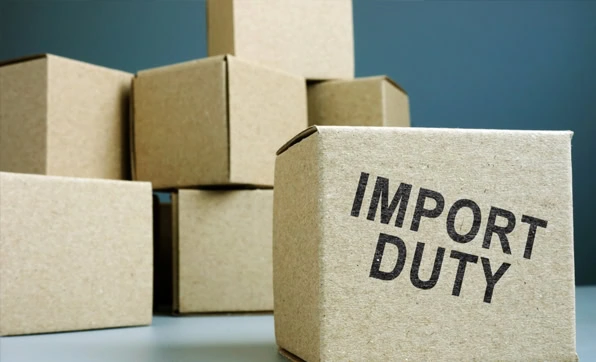If any company planning to import products into the United Arab Emirates will be required to pay VAT in addition to customs duties. To understand these considerations, there is a list of audit firms in UAE who are providing such services. Out of these several are top audit firms in UAE which we will look at the end of this blog. The total value of CIF plus Customs Duty plus Excise Duty only if applicable is used to calculate the VAT. Businesses that are registered for VAT may postpone paying their VAT until the following return filing date and may be eligible to claim input VAT more than that amount via the Reverse Charge Mechanism. All they need to do is provide the customs agency with their TRN Number. The shipment can be cleared without the need to pay VAT at import once the TRN has been verified.
In certain instances, the business’s TRN number may not be updated in the customs department. The Customs Department and the FTA are working to find a solution. Nonetheless, there are steps that can be done to speed up the clearance of imported goods in the meantime.
To postpone the VAT payment until the next return that the VAT Registered Business files, take the following actions:
- Enter the importing company’s login credentials to access the FTA Portal.
- From the taskbar at the top, choose “VAT.”
- “VAT 301: Import Declaration Code for VAT Payment” should be selected.
- In the window that pops up. Add the products’ importation authority, declaration number, and declaration date in the Customs Authority field.
- An importer appeared to have filled out a form asking for shipment details. Most of the shipment details will be filled in on the form. All we need to do is verify if this is accurate.
- The portal will request that you pay the VAT after you have confirmed the above. The option to postpone paying the VAT until after filing your tax return should now appear when you select “Fetch associated registration number.” Select this choice to send the form in.

When using a freight forwarding agent, an importer must either complete the steps remotely on their own or specifically request that the agent clear the shipment using their own TRN. The importer will not be able to recoup the VAT paid if the forwarding agent uses his own TRN to declare the cargo because he is not liable for the input tax. When the customs authorities’ requests payment for VAT, a non-VAT registered importer may also choose to follow the above procedures.
The importer must create an account on the FTA Portal. Proceed with the same steps as before after logging into the portal. Additionally, the importer must use a debit card or e-dirham to make payments while using the payment option.
Code of Import
To import items into the United Arab Emirates, a business needs to get an import code. An import code is one that Dubai Customs assigns to a business following a company’s successful approval by the Registration Department. Required documents for the same are:
- Certificate of Chamber of Commerce
- Trade License for Company
- A copy of the manager’s passport
- A copy of their visa page
- Letter of undertaking
- A copy of their Emirates ID
Trade can begin from anywhere in the world if it complies with the approved activity in the trade license after obtaining the import code.
How can ebs Chartered Accountants help?
ebs Chartered Accountants is one of the best accountings and auditing firm in Dubai. VAT is one of the best services provided by the experts at ebs. It is always beneficial to hire an expert as they will have more knowledge than you and they are always aware of the new changes in rules and regulations. ebs makes sure that all your requirements are fulfilled on time so that there are no chances of fines and penalties. ebs is known for reliable timely delivery. If you want to get your VAT requirements to be fulfilled, contact us today and book our services.
FAQs
What is the accounting treatment of import duty?
The import duty paid on materials is treated as a cost of purchases and is added to the raw materials while preparing the profit and loss account. However, if the duty is paid on the purchase of fixed assets such as machinery, then it is added to the cost of the fixed assets.
What is the duty on purchases in accounting?
A duty is a form of taxation levied on certain goods, services, or other transactions that are imported and exported. Duty rates are a percentage determined by the total value of the goods paid for in another country.
How is VAT recorded in accounting?
In the income statement, the VAT collected from customers is included as part of revenue, while the VAT paid on purchases is included as part of the cost of sales or as an expense. The net amount of VAT payable or receivable is also shown separately in the income statement.

